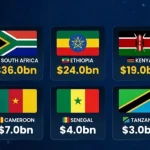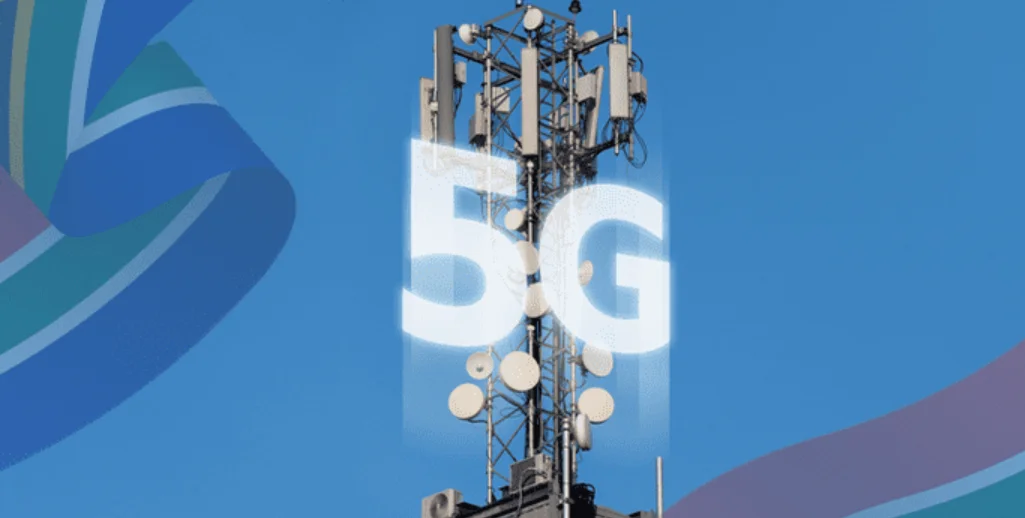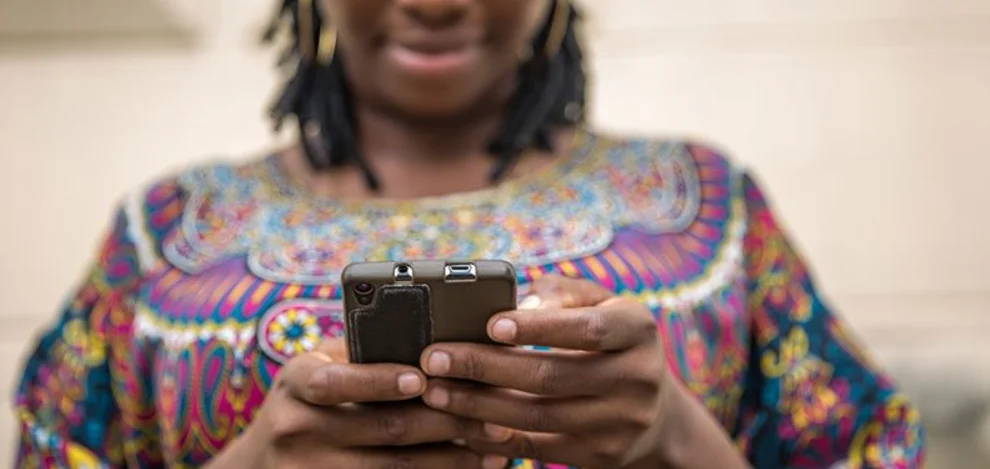In the smartphone developer and sales race, Appple has lost some share of sales to its Android rivals last year. This is according to the Counterpoint Research data analytical report for 2024 which is a global technology in the Technology and Market Research (TMT) Industry.
In 2024, the global smartphone leader sold fewer iPhones compared to Android rivals which reflects a decline in Apple’s Intelligence presence in its largest market outside the United States.
According to the report, the iPhone maker slipped a point to 18% market share in 2024. Apple also experienced a 2 per cent sales decline for the full year when the broader market rose by 4 per cent globally.
South Korean rival Samsung Electronics was also caught in the Red Sea after it gave up share to faster-growing Android device makers from China such as Xiaomi and Vivo.
Following the launch of the iPhone 16 in September, California-based Apple has been setting the pace on artificial intelligence (AI) thereby rolling out AI enhancements in stages.
But the world’s largest smartphone market, China is yet to have the new features in its market. Apple explained that it is still working on securing local partners who can help provide features like AI writing assistance and image generation.
“Apple’s iPhone 16 series was met with a mixed response, partly due to a lack of availability of Apple Intelligence at launch. However, Apple continued to grow strongly in its non-core markets like Latin America,” Counterpoint director Tarun Pathak said.
China’s smartphone producers are all developing their own in-house AI tools and agents which include services that can perform tasks on a user’s behalf.
The Top 10 saw Lenovo Group’s Motorola, Shenzhen-based Huawei Technologies, and Honor Device among the fastest-growing brands, the report explained.
Apple’s previous move to drive sales
In its plan to boost its sales, Apple said it was integrating OpenAI’s ChatGPT into its devices last month. This was a long-awaited move that investors hope will help drive sales of its latest iPhones. According to reports, the rollout was part of a wider deployment of artificial intelligence-powered tools in the latest updates to the operating systems for iPhones, iPads, and Mac computers.
The company said that the AI features would be available on the latest iPhone series, as well as the Pro and Pro Max versions of the previous iPhone 15 line-up. Users of iPad with A17 Pro or M1 chips and later, and Mac with M1 chips and later can also access the tools.
In a previous development in June, the company announced the ChatGPT integration as part of the Apple Intelligence unveils. Hosted at the Steve Jobs Theatre in Cupertino, California in September, the #AppleEvent 2024 focused on Apple’s shift towards integrating artificial intelligence (AI) into its devices, along with substantial hardware upgrades.
The tech leader still relies overly on sales of the iPhone. The latest data from the International Data Corporation (IDC) Worldwide Quarterly Mobile Phone Tracker revealed that the iPhone maker enjoyed 3.5% YoY growth this quarter to retain the second spot. This was fueled by strong demand from the previous models and the launch of the new iPhone 16 lineup.
With the latest counterpoint report, its struggle for sales continues.
Apple has also been exploiting cautions in its new additions. This saw the company halt work on a project to build an iPhone hardware subscription service in December. The development meant that the tech giant was retreating from an attempt to change the way consumers buy its flagship device.
The hardware subscription idea was to make owning an iPhone like subscribing to an app where consumers pay monthly fees and get new phones each year. According to internal sources within the company, the team working on the initiative was disbanded and reassigned to other projects.
Likewise, the subscription effort was overseen by the company’s Apple Pay group, which also shut down a “buy now, pay later” programme earlier in 2024. The service allows shoppers to pay off purchases over multiple instalments, but the tech company is now steering consumers toward third-party programmes instead.
The iPhone subscription service was originally meant to debut in 2022. It was ultimately delayed until 2023 after suffering numerous setbacks, including software bugs and regulatory concerns.
Top Apple executives had sent the project back to the light before the project was finally scrapped.

















